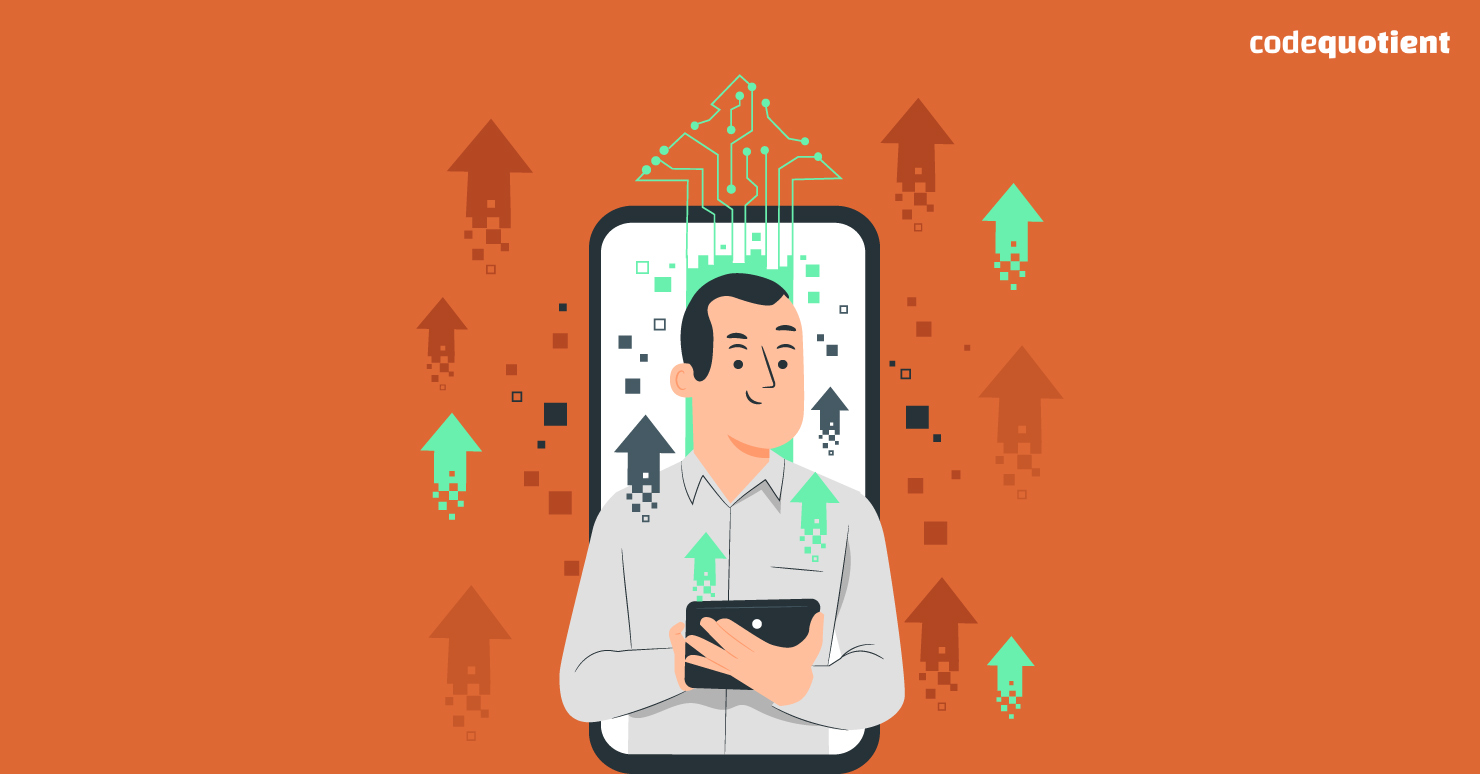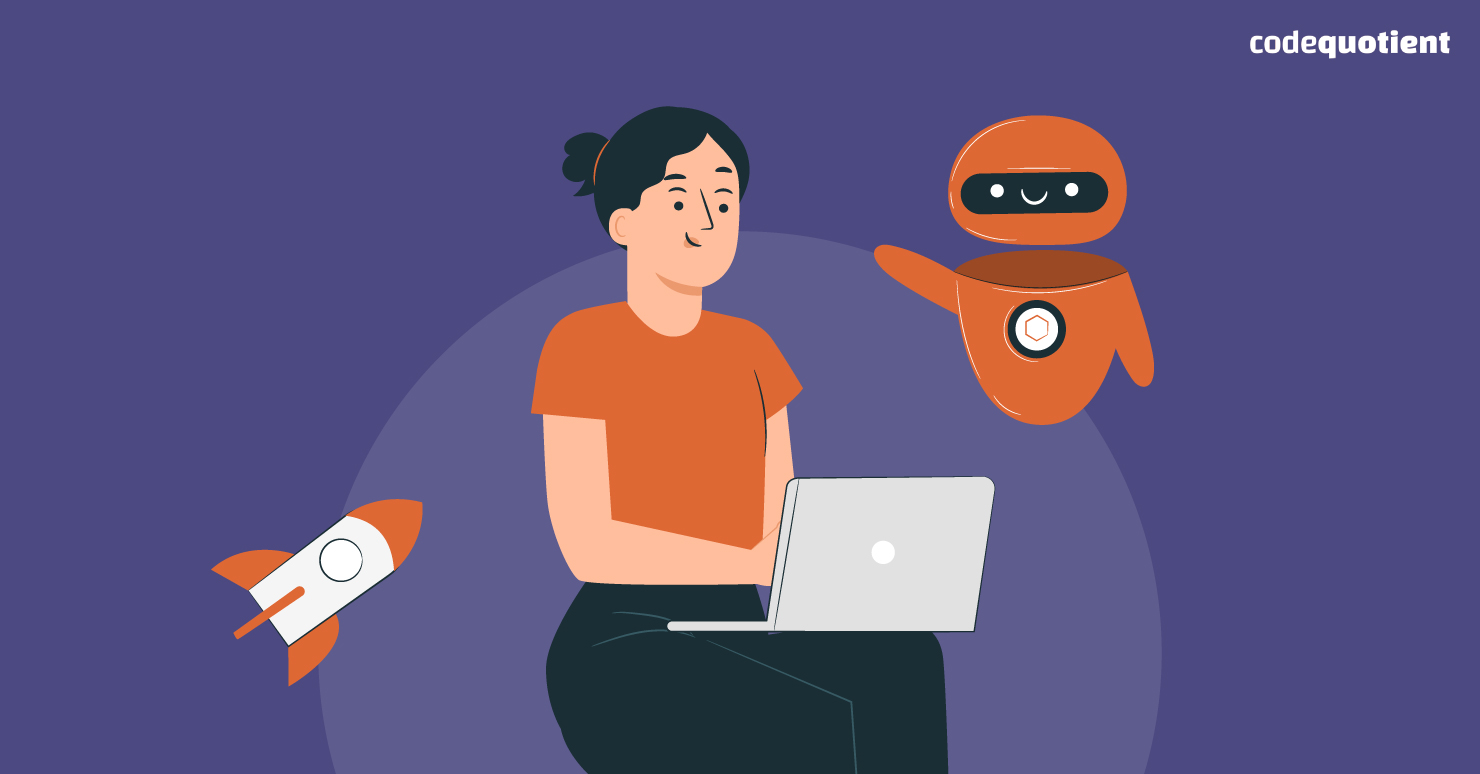AI will take away jobs – we have all heard this argument. We also know there’s some truth to the claim. Technology has always taken away jobs, be it the steam engine taking over carriages or the disappearance of calligraphers with the rise of print technology. Artificial Intelligence (AI), however, brings a new set of challenges and opportunities. Now, the most important question is whether we are prepared for such a fundamental change in the fabric of how the global workforce functions.
The Impact of AI on Tech Jobs
When we say tech jobs, we are not really saying anything meaningful. A design engineer at SpaceX and an app developer are both tech employees, but the nature of their work is very different. With low code to no-code app development platforms, it is possible for us to mimic the skillset of an app developer. The same cannot be said for the SpaceX engineer.
Here, we are seeing the most common argument of all: the more specialised we are, the more valued our job is. The impact of AI on such jobs would be minimal, at least in the foreseeable future.
But is it only specialists who would be left with tech jobs in the era of AI? History, economics, and our social structures do not suggest so.
The Future of Tech Jobs

Tech jobs may look quite different in the future, but the fact that they will remain the most influential sector in the world is undeniable.
Technology has already seeped into every area of human existence. As things stand now, the smartphone is no longer something you would want to have for fun. It is an absolute necessity for billions of people. Be it news broadcasting, creating designs, or performing advanced medical operations, there are very few sectors where technology has not played an explicit role.
This suggests that the future of tech jobs will be much more diversified. Information Technology (IT) would consequently look very different from what it is now. However, these changes are hard to predict. In 2008, very few would have guessed that blockchain technology would go on to be so impactful. We cannot say with certainty how things will evolve even a decade from now, especially when it comes to AI.
AI will get smarter with time, but it may not be in the exact direction we presume. All fantasies of AI taking over the world may indeed remain just fantasies.
The AI of the Future
For Luddites, AI is something that’s coming for our jobs. It would remove teachers from classrooms, doctors from hospitals, pilots from aeroplanes, and so on. To have a better grasp of reality, it is important to take a step back and look at the bigger picture.
AI of the future will deal with large-scale global issues. It will help us fight climate change, assist governments with international policies, and take healthcare to the next level. AI will create more jobs than it takes. Apart from the people who would be working to make AI itself better, we would need professionals to understand, process, and disseminate the findings and results. We would continue to require educators who can effectively pass on the knowledge. The era of AI for tech jobs will be a creative force, not a destructive one.
AI and Automation
We often fail to make the distinction between artificial intelligence and automation. Factory units producing millions of identical goods in the exact same method use automation, not AI. It is inevitable that many factory jobs will be gone as and when automation technology improves. This is nothing new since factory jobs have declined right from the age of the Industrial Revolution.
If we think AI is coming for our job, the job must already entail some degree of critical thinking, reasoning, problem-solving, and other cognitive tasks. For such jobs, the scope for diversification and transformation is huge. Instead of looking at AI as a replacement, we need to start looking at it as an enhancement. With AI-powered writing tools like Grammarly, writing has only become easier. With AI-based chatbots, the process of customer service has become much more efficient. There are many more such instances around us.
What this means when hiring Young Professionals
For anyone entering the job market today, it is very important to understand the difference between repetitive and creative work. When we are hiring new talent, it is crucial to ensure that the candidates grasp the fundamentals of the tech they are working on. When they know and understand the core principles, transitioning their skillset with changing technology would be much easier.
The World Economic Forum predicts that 85 million jobs would be lost to AI in the future. The same organisation predicts that 97 million new jobs would also be created by AI. It all depends on how you choose to look at it and how you equip yourself for the transition.
To know more about how we are preparing young learners to adapt to the changing landscape of tech jobs, check out the revolutionary classroom education model of CodeQuotient Academy.




